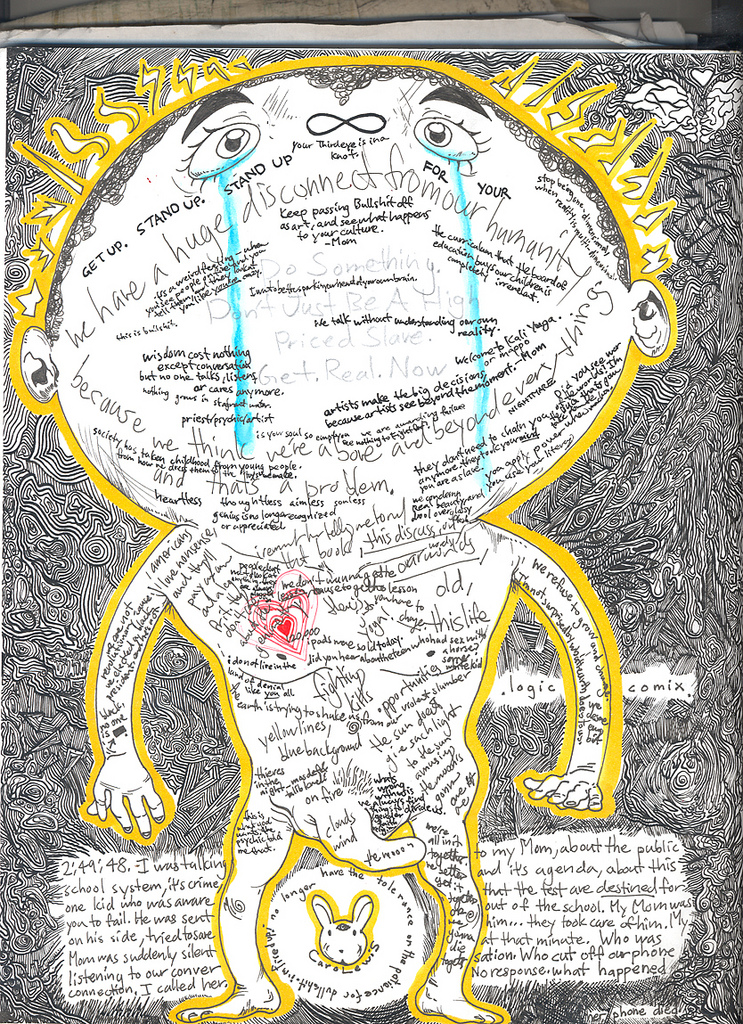Chinese Translation
_
Think of no as a syllable. Think of yes
as a denial. Think of logic and what logic
rejects to labor. Think of hormones
that surface as moustache, the act
of shaving as dissolving discharge. A day,
a becoming, a becoming however.
Think of solitude as a lingua franca,
dawn as a tabula rasa, each of which
a new start. Start anew, abloom,
agony as actual extraordinary, not extra.
Think of hierarchies, hairs. Think
of your fibula, femur, fixated
to your spine, so we, as a flock, look alike.
Who steals whose face? Who still waits
for fate to differentiate? The nudibranch,
riparian invertebrates, aspergillus, us —
a proper pronoun, a common noun.
Nicholas YB Wong is winner of the Sentinel Literary Quarterly Poetry Competition (Oct 2010) and a nominee for Best of the Net 2010 and Best of Web 2011 anthologies. His poetry is forthcoming in Assaracus: Journal of Gay Poetry, Prime Number Magazine, San Pedro River Review, Pirene’s Fountain, Third Wednesday, Lambda Literary, Mascara Literary Review, and the Sentinel Champion Series. He is currently a poetry editor at THIS Literary Magazine and a poetry reader at Drunken Boat. His first full-length poetry collection, Cities of Sameness, will be published by Desperanto.



 Guest Editor for SPRING 2011 ISSUE |
Guest Editor for SPRING 2011 ISSUE | 